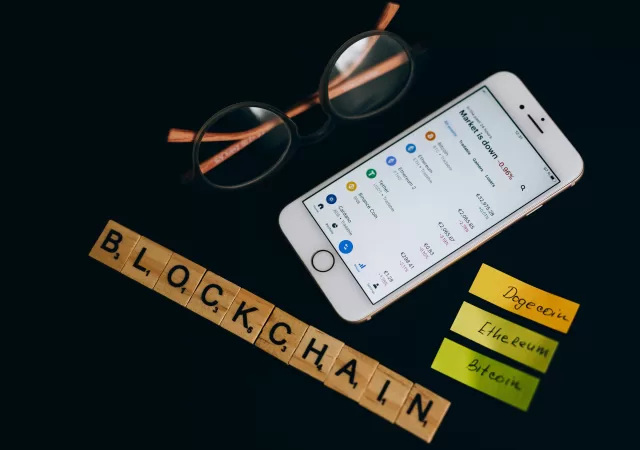Pudgy Penguins is the latest hit in the NFT world. It’s closing the gap between digital collection and real-world business. It’s blending the tangible and intangible, making it more accessible and easier to monetize. They’ve created opportunities for NFT holders…
How blockchain technology is enabling new ways of doing business
Blockchain technology has caught the world by storm really. From cryptocurrency and security, the application of blockchain is plenty. It could revolutionalise businesses in the modern world though.




